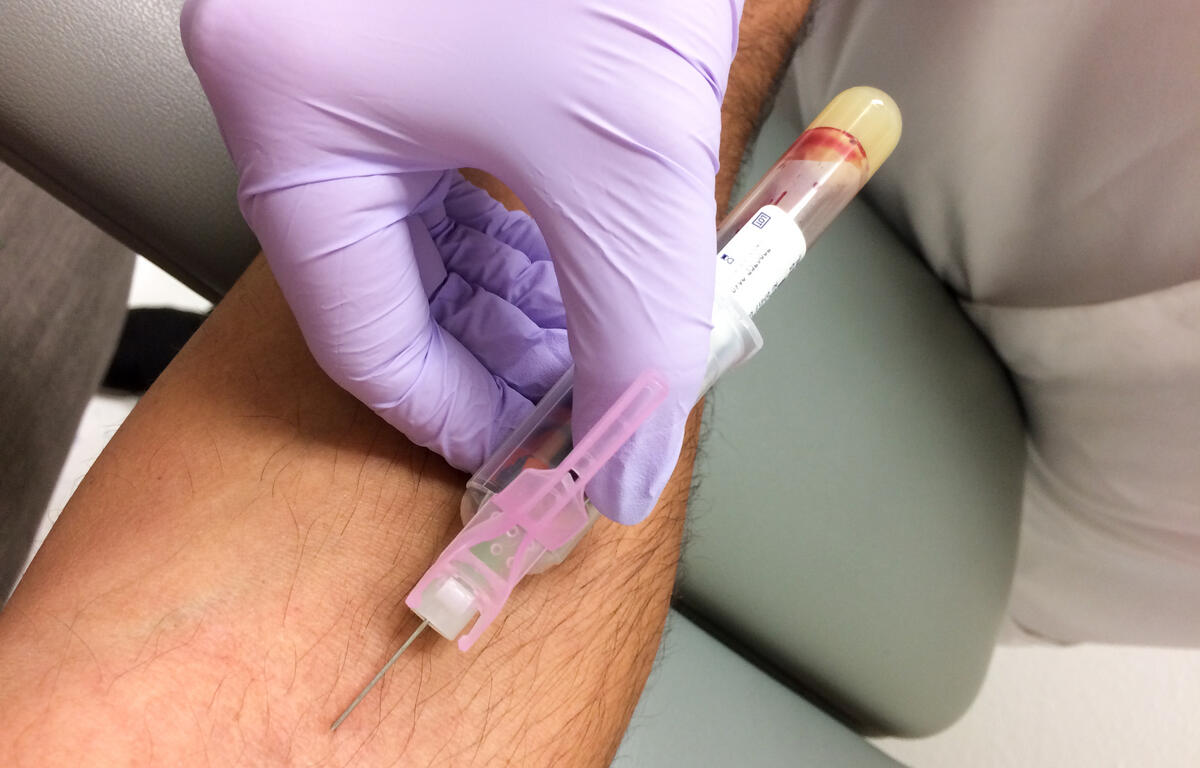(MyKeeneNow) State health officials have confirmed a limited outbreak of measles in New Hampshire and Vermont this month, originating from an international traveler in Hanover, according to a news release. While concerning, the rise in measles cases is part of a global trend, posing a risk to those unvaccinated or who haven’t had the disease before.
Dartmouth Health is collaborating with the Vermont Department of Health, New Hampshire Department of Health and Human Services (DHHS), and local healthcare providers to trace, notify, and care for those potentially exposed to the virus. Dr. Elizabeth Talbot, Deputy New Hampshire State Epidemiologist, emphasized the importance of vaccination to prevent further spread.
Measles, a highly contagious virus, spreads more easily than COVID-19. According to the CDC, if one person has measles, up to 90 percent of unprotected individuals nearby can become infected. Symptoms appear 7 to 14 days post-exposure and include high fever, cough, runny nose, conjunctivitis, and a rash. Complications may involve ear infections, diarrhea, pneumonia, and encephalitis.
Vaccination with the MMR (measles, mumps, rubella) vaccine offers robust protection against measles. Two doses of the vaccine are about 97 percent effective, while one dose is approximately 93 percent effective, the release said.
Measles spreads through the air, lingering for up to two hours after an infected person has left. Unvaccinated individuals are at high risk of contracting and spreading the virus. Even vaccinated people with weakened immune systems should consult their healthcare provider for additional preventive measures if exposed.
Early symptoms of measles include fever, cough, red eyes, runny nose, and fatigue, followed by a rash. The disease is contagious for four days before and after the rash appears, with symptoms typically developing 10-14 days after exposure.
For those unvaccinated, contacting a healthcare provider to schedule a vaccination is crucial. Immunity builds within 7-14 days post-vaccination. Checking immunization history with a healthcare provider or conducting a blood test for antibodies can also ensure protection.
Resources for vaccination in New Hampshire and Vermont include the NH Immunization Program, which provides vaccines for all children regardless of insurance or income, and the Vermont Department of Health, which emphasizes the preventability of measles through vaccination. Despite measles being declared eliminated in the U.S. in 2000, outbreaks still occur in areas with low vaccination rates.




